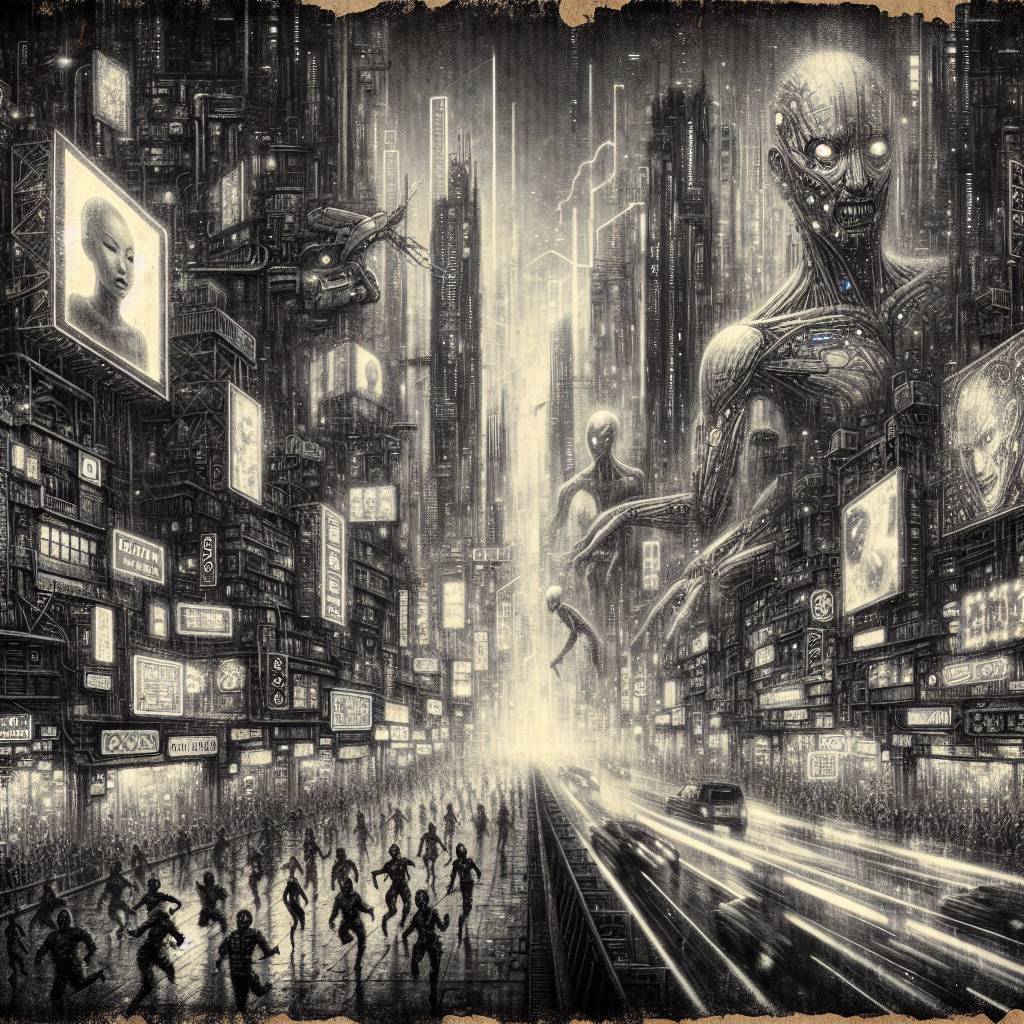Kling AI Chaos: Fake Ads Lead to Malware Mayhem in 2025!
Kling AI’s popularity has been hijacked by a sneaky malware campaign using fake Facebook ads. Users expect AI-generated media but get a ZIP file surprise instead. Inside? A malware loader in disguise, ready to pilfer data like a digital pickpocket. Lesson: If it quacks like Kling AI, double-check before downloading!

Hot Take:
While Kling AI was busy making 6 million new friends, cybercriminals were busy making 6 million new victims. Turns out, Kling AI isn’t just great at generating content; it’s also great at generating opportunities for hackers! It’s like the Swiss Army knife of social engineering: AI media, fake ads, and malware all in one neat package. Who knew art could be this dangerous, or that trusting a random Facebook ad could be such an exhilarating rollercoaster ride?
Key Points:
– Cybercriminals are using fake Facebook ads to distribute malware under the guise of Kling AI.
– Users are tricked into downloading a disguised executable file, leading to malware installation.
– The malware employs advanced techniques to avoid detection and ensure persistence.
– The final payload, PureHVNC RAT, enables remote control and data theft, especially targeting cryptocurrency wallets.
– The campaign is widespread, with victims particularly in Asia and ongoing refinements by attackers.
